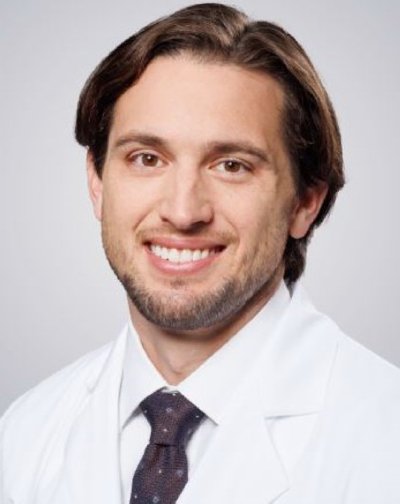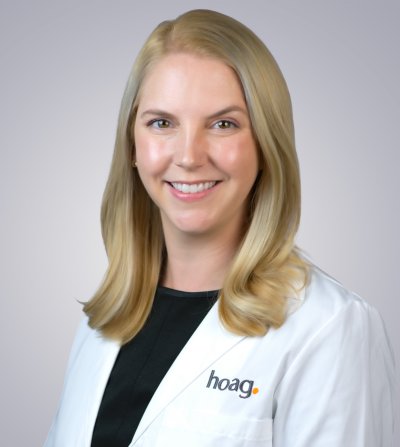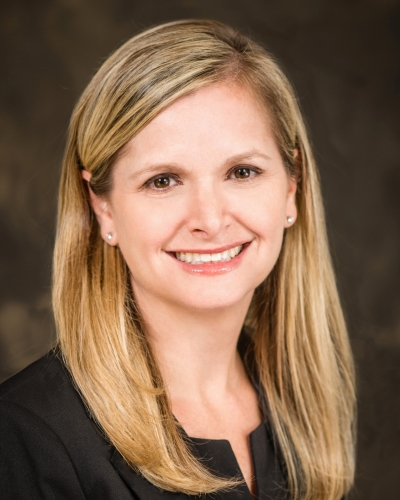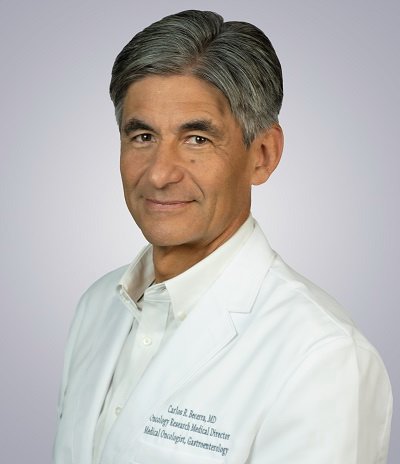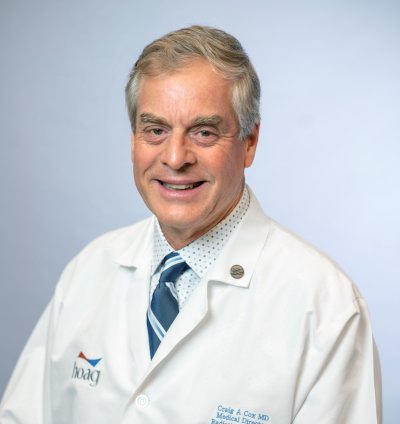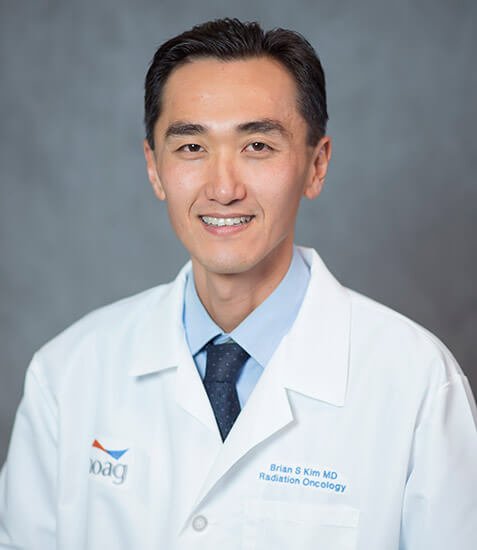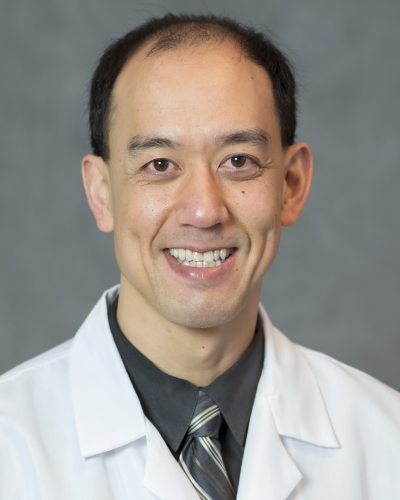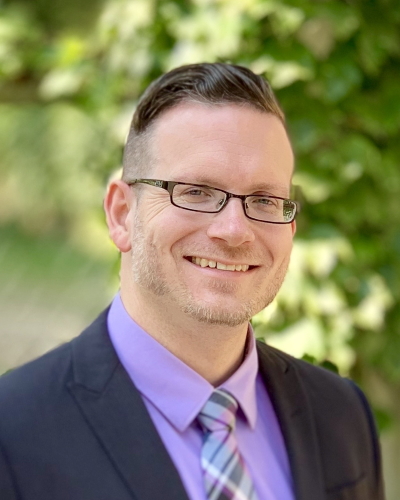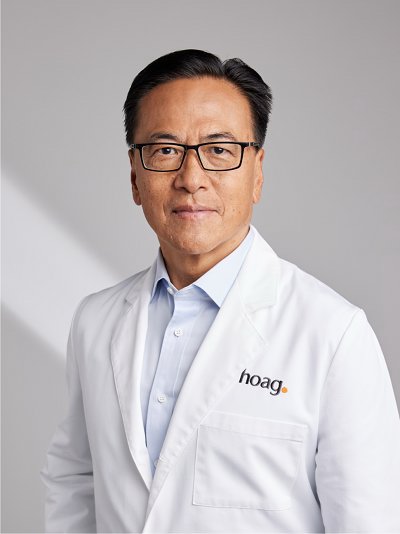When it comes to esophageal cancer and other gastroesophageal conditions, expert evaluation is vital to accurately diagnose esophageal cancer and then determine the best course of treatment for the individual patient.
At Hoag, our multidisciplinary team of gastroesophageal experts works together to thoroughly review and determine the best treatment option suited to each individual patient. The Hoag team then carefully tailors a personalized treatment plan to effectively achieve the best possible outcome for the patient. This emphasis on a collaborative, comprehensive approach to patient-centered care is why Hoag patient outcomes rank are among the nation’s best.
Once esophageal cancer is diagnosed, important staging tests are performed to determine if the cancer has spread, and if so, to what extent. The type of treatment recommended depends upon the stage of the cancer and may include options such as:
Surgical:
Minimally Invasive Transhiatal Esophagectomy
Minimally Invasive Vagal Sparing Esophagectomy
En Bloc Esophagectomy
Non-Surgical:
Endoscopic Mucosal Resection and Ablation Procedures
Chemotherapy
Radiation Therapy
Surgery
The most recommended treatment for esophageal cancer is complete surgical resection of the esophagus, which is called an esophagectomy. However, in some cases, other more conservative surgical approaches are employed with the goal of preserving as much healthy esophageal tissue as possible. At Hoag, our academic-level team of esophageal experts carefully tailors the treatment plan to the unique needs of each individual patient.
Some of the advanced surgical options for treating esophageal cancer at the Hoag-USC Surgical Center for Digestive Diseases include:
Minimally-Invasive Transhiatal Esophagectomy
A transhiatal esophagectomy involves removing the esophagus and surrounding lymph nodes completely from the abdomen and reconstructing it using the gastric tube, which is connected to healthy esophagus in the neck. For this procedure, a chest incision is not required. In addition, the esophageal experts at Hoag perform this procedure laparoscopically in most patients.
Minimally-Invasive Vagal Sparing Esophagectomy
A vagal sparing esophagectomy involves stripping out the lining of the esophagus and leaving behind the muscular tube. It differs from other esophageal surgery because it preserves the vagus nerves. These nerves are important for normal stomach function, as these nerves allow the stomach to empty properly. For this procedure, a chest incision is not required. In addition, the esophageal experts at Hoag perform this procedure laparoscopically in most patients. This option is most often recommended for patients with benign disease, or those with early-stage cancer of the esophagus.
En Bloc Esophagectomy
The most aggressive treatment of esophageal cancer is the en bloc esophagectomy. The philosophy behind this operation is to not only remove the esophagus, but also to remove as much of the lymph node tissue surrounding the esophagus as possible, in order to remove all potential regional sites of tumor spread and thereby maximize the chances of cure. This is a highly complex procedure that requires the expertise of a highly experienced surgical team, as this procedure requires opening the neck, chest and abdomen, in order to reconstruct the esophagus using part of the stomach.
It’s important to note that esophagectomy is a highly complex operation that should only be done at centers with high volume and experience.
When it comes to advanced surgical care, the Hoag team performs more complex esophageal surgeries than any other surgical program in Southern California including state-of-the-art minimally-invasive procedures that may not be available at most centers. Being a high-volume esophageal cancer surgical program enables the gastrointestinal experts at Hoag to achieve a technical skill level not all facilities can match.
Non-Surgical Options
Hoag provides a full array of innovative non-surgical treatment options, including:
Endoscopic Mucosal Resection (EMR) and Ablation Procedures
For very early cancers that are limited to the superficial layer of the esophagus, endoscopic technology has emerged to treat the cancer and preserve the esophagus. This includes the use of endoscopic mucosal resection (EMR) and endoscopic mucosal ablation procedures such as Barrx ablation, which utilizes high frequency radio wave energy to destroy abnormal tissue.
Unlike an esophagectomy, which removes the entire affected area, EMR, ablation and other similar procedures only remove a small cancer, or locally high-grade area of abnormal cells, such as occur with Barrett’s esophagus or early intramucosal cancer. Once successfully treated, patients often require an antireflux operation to protect the esophagus from ongoing injury from reflux.
Chemotherapy
Chemotherapy is the use of drugs to kill cancer cells. The drugs enter the bloodstream and travel through the body killing mostly cancer cells, but also some healthy cells. Chemotherapy may be used after surgery (often along with radiation therapy) to try to lower the risk of cancer recurrence. Or it may be used before surgery for borderline resectable cancers to try to improve the odds that surgery will be successful. In addition, chemotherapy may be used (with or without radiation therapy) for more advanced cancers, or in cases of metastatic disease.
Radiation Therapy
Radiation therapy uses radiation to kill cancer cells and shrink tumors. Radiation therapy may be used after surgery (often along with chemotherapy) to try to lower the risk of cancer recurrence. Or it may be used in select cases to help control metastases that are too large to be treated effectively with surgery alone, or in cases where surgery is not possible. As a nationally recognized leader in state-of-the-art radiation therapies, Hoag’s Radiation Oncology Program is yet another example of the institute’s commitment to excellence in innovative cancer treatment.
The Most Advanced Treatment Options Are Now Available in Orange County
When it comes to seeking out the most advanced academic-level gastroesophageal care, there is no longer any need to travel long distances. Hoag offers the latest in state-of-the-art diagnosis and leading-edge treatment options that may not be readily available at other centers, including participation in clinical trials that helps to bring advanced gastroesophageal care to even more patients.
Perhaps the most distinguishing aspect of Hoag’s advanced treatment of gastroesophageal conditions is that in each and every case, treatment is always specifically tailored to the meet the unique needs of the individual patient.
Expert Care You Can Trust
Hoag continues to lead the way in complex gastroesophageal care, providing access to a highly specialized surgical team that works collaboratively with Hoag-affiliated thoracic surgeons, gastroenterologists and medical oncology specialists to provide academic-level care. Hoag’s committed to accurate diagnosis, combined with progressive therapeutic options enables Hoag patients to achieve some of the highest clinical outcomes in the nation.
To schedule a comprehensive diagnostic evaluation, or a second-opinion consultation with a Hoag gastroesophageal expert, call us at: 888-566-9712.





